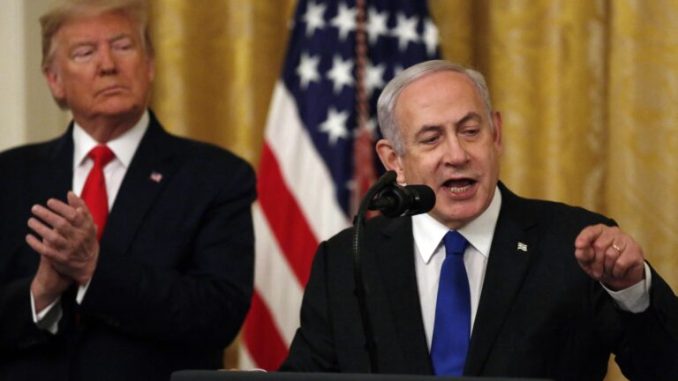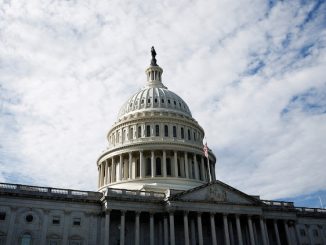
**Note to Trump and Netanyahu: Iran’s Theocracy Is Unlikely to Collapse**
In recent discussions regarding Iran’s political landscape, it is crucial to approach the topic of the Iranian theocracy’s potential collapse with a nuanced perspective. While frustrations with the regime’s policies and actions are valid, particularly related to its regional ambitions and nuclear program, expecting an imminent failure of the Iranian theocracy may overlook the underlying factors that contribute to its resilience.
First and foremost, the Islamic Republic has proven remarkably adept at navigating internal and external pressures. The regime has cultivated a complex system of governance that intertwines religious authority with political power, allowing it to maintain control over key state functions. This hybrid structure, led by the Supreme Leader, helps suppress dissent and maintain power despite widespread dissatisfaction among various segments of the population.
Public protests, such as those seen in 2019 against fuel price hikes and the more recent demonstrations regarding women’s rights, reveal deep-seated grievances. However, these movements, while significant, have historically struggled to translate into a cohesive opposition capable of challenging the regime’s authority. The Iranian state, equipped with a robust security apparatus, swiftly stifles dissent, creating an environment where organized opposition is difficult to sustain.
Moreover, the current geopolitical landscape plays a crucial role in bolstering the regime’s stability. Iran’s strategic alliances, particularly with Russia and China, provide it with economic and military support that can buffer against sanctions and isolation efforts orchestrated by the West. Such partnerships not only offer material advantages but also lend political legitimacy to the regime, reinforcing its narrative of resisting Western imperialism.
Additionally, the socio-cultural fabric of Iranian society is marked by a complex interplay between modernity and tradition. Many Iranians, despite their frustrations, navigate their lives within the parameters set by the regime, often choosing to engage with the system rather than oppose it outright. The socioeconomic realities, including high unemployment and inflation, further complicate the situation, as citizens may prioritize economic stability over political upheaval.
While the international community should continue to push for reform and promote human rights within Iran, the expectation that the theocracy will collapse in the near future is unrealistic. Instead, a more effective approach would involve fostering dialogue and engagement strategies that emphasize the benefits of reform and modernization without undermining the fundamental structures that the Iranian state has established.
In conclusion, both President Trump and Prime Minister Netanyahu would be wise to reassess their strategies regarding Iran. Acknowledging the resilience of the Iranian theocracy and the complex socio-political dynamics at play will lead to a more informed and effective policy response. The focus should be on creating conditions that encourage reform from within, rather than fostering narratives of inevitable collapse that may lead to further instability in an already volatile region.

Be the first to comment